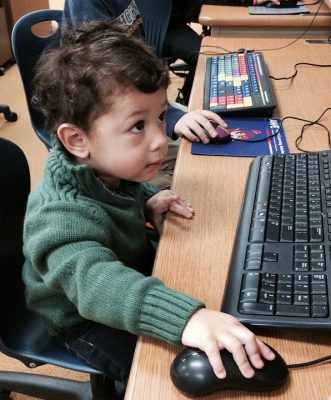How to Gamify Your Classroom

Social media is everywhere. Even as adults, we are always glued to our phones and goings on featured there. Students today live and breathe with social media, so why not use it to engage them in the classroom? And we know a more engaged student will retain far more information than a bored one. So where do we start?
To set up Twitter in your classroom, remind students to keep their account name proper and to avoid using their names. Next set up a class hashtag, which then connects each class to one another. Then put it to work. One of the easiest ways to utilize Twitter is to follow somebody who tweets on what you are currently studying. For example, if I were studying astronomy, I would look for somebody who tweets about astronomy. You can also have students make up Twitter accounts between famous people. Have them develop tweets about people, places, and things that were happening historically. Finally, Twitter is an excellent feedback or quick closing procedure to assess whether students are understood the material for the day.
Blogging
Setting up a blog is simple and secure. Each student is invited, and only those invited can see the blog’s contents. By giving writing assignments that are blog assignments, you’re not the only having to read the assignment. Points can be given for comments, and discussions had on the blog. It encourages students to give and receive feedback in a manner that the teacher can filter and control. Also, because blog posts become a part of the internet, students can link and use their better posts for college and scholarship applications.
Before you groan and hide under a rock, there is a fake Facebook page that allows the student to create and connect fake facebooks accounts. Students can be given a period or particular people to research and then make Facebook accounts for the people involved. This includes researching historical data, as well as finding relevant pictures, and “friends” that they would be connected to. They can also create comments for the other historical figures that are involved in that person’s life. Especially useful for history class, but also useful if you want to stress the relationship between the different people of a particular period that cuts across subject lines.
Skype
Skype is not just for use with friends and families. Teachers have been using it to connect their students with other students across the world, in a way pen pals used to connect to each other. But you can also use it in a larger group project perspective. Matching classes that are studying the same subject could bring in a whole other realm to studying history or literature or science. You can also connect students to people who are working in different fields, so they can ask their questions and get a real life perspective on what working in that field is like.
Whether we want it to be or not, social media is here to stay. Allowing the student to connect with each other and others through will not only increase their engagement but also give them a glimpse at some of the real-life applications that social media has to offer.



